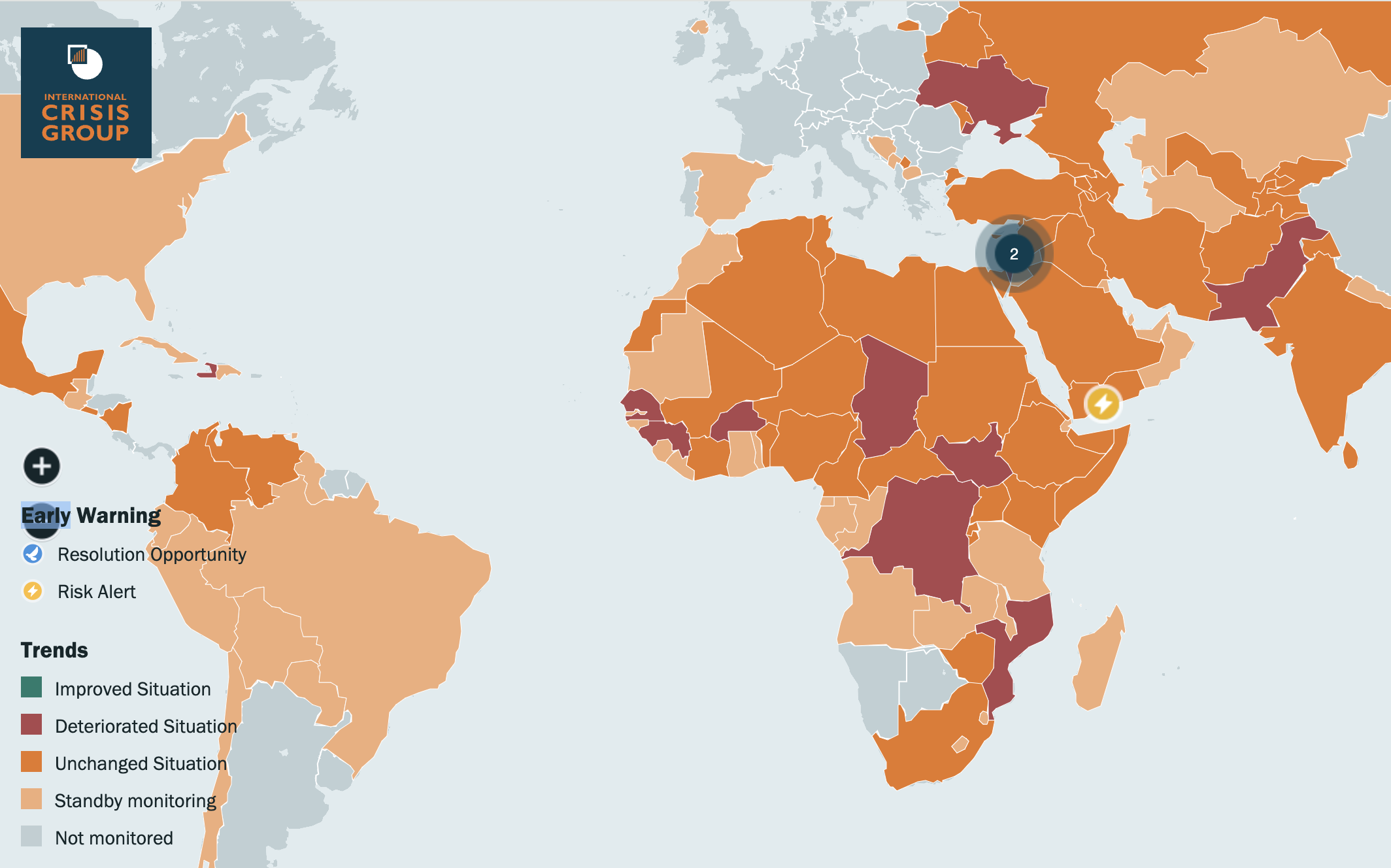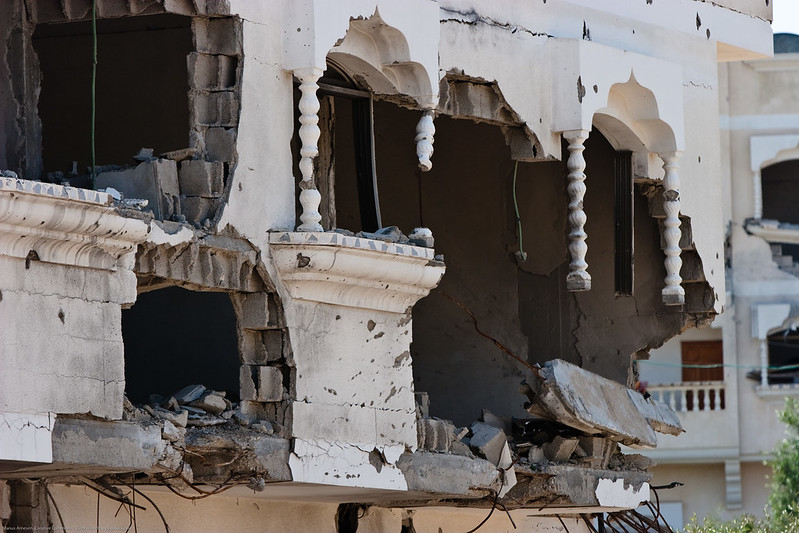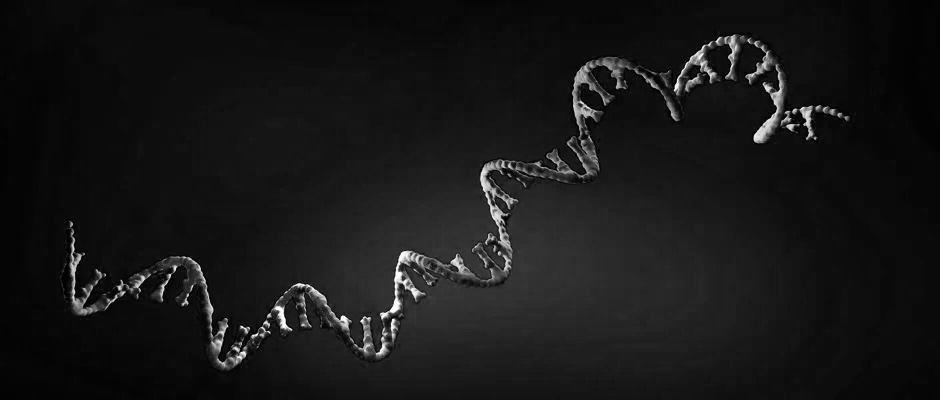In Pillars, the Prized City
By Maira Faisal
“You ask: What is the meaning of ‘homeland’?
“They will say: The house, the mulberry tree, the chicken coop, the beehive, the smell of bread, and the first sky.
“You ask: Can a word of eight letters be big enough for all of these, yet too small for us?”
— from In the Presence of Absence by Palestinian poet Mahmoud Darwish
V. Hajj (pilgrimage)
Stare.
Lock your eyes with mine,
my irises your kaleidoscope
to seek the fractal of Palestine,
absorb the reflection of rubble
staining a land of holy sites,
as apathy-plagued publics
state politics aren’t their forte
while forts, any flickers of shelter,
are licked by the blister of flames,
as the meek, soothed, enchanted
by time’s beguiling hands, (too
often) reject martyrs for monsters:
why run from dark, little things
when one can become a reaper?
IV. Sawm (fasting)
Gaze upon Gaza—
setting sun, a crimson cast
on a mother wiping blood off tile
delicately, lovingly, whispering it
is her Muhammad’s, her son’s last
scrubs clinging to a physician
saying postpartum equals
a hysterectomy, not recovery,
axing branches to save trees
small hearts clattering in small rib cages,
pumping—tick-tick-tick-tick-tick
till they still and stop, slumped bodies
exceeding 5,000 in forty days
children, his flesh and soul,
sealed in grocery bags as severed
limbs, sans warmth and dreams,
visit their Papa in his
carpet bomb flashes and
white phosphorus clouds and
climbing death tolls and
hospital attacks and
church bell chimes and
pets sunk in soot and
and
Israeli officials cheer,
soldiers dance,
civilians chant, “Who has no
electricity, food, water?”
because both sides are
blackened, empty-stomached,
longing for civility
but one thinks the other savages
and ravages, yes, one thirsts for water,
the other hungers for blood.
III. Zakat (charity)
The ummah is one:
“When any limb aches,
the whole body reacts
with sleeplessness and fever.”
Boycotts and banners,
we will not mind manners,
and are marching in streets
Warsaw, Ottawa, Rome,
Lahore, Dublin, Washington,
Istanbul, Doha, Eindhoven
posting for peace
#freepalestine
#savegaza
#stopapartheid
forgoing niceties
“There are NO Two Sides to Genocide”
“End the Palestinian Holocaust”
“Bombing Civilians is a War Crime.”
We, the phantom feet of Palestine,
bastions that won’t sterilize speech
nor forget grotesque portraits of grief—
the tempest-tost, we hear,
and offer aid and alms,
support and a salam.
II. Salah (prayer)
Injuries like rotten peach flesh,
cries absconding sinew,
each second expiates sins,
each breath, an act of worship.
Fajr, Dhuhr, Asr, Maghrib, Isha’a,
takbir, qiyyam, ruku, sujud, tashahud,
dawn, noon, midday, dusk, nightfall,
stand, recite, bow, prostrate, sit.
Death lies in the sky.
Palestine rises as it’s razed.
I. Shahada (faith)
In wisps, it sinks from welkin,
seething and seizing around
the cracks of the prized city,
lodging into stalled lungs,
a tide, a tether,
a profession of faith,
smile of iman before burial,
another seed of watermelon:
tough as rind, sweet as fruit,
red as a phoenixing dawn,
with a spring-dandelion sun
cawing wondrously,
“From the river to the sea,
Palestine will be free.”
Stare where, from the debris,
an iris grieves a poppy,
and opens like a cupped palm.
Maira Faisal is a Kentucky Youth Poet Laureate representative, a sophomore at Northern Kentucky University, and a writer. Her work has been recognized by multiple university journals, Hanging Loose Press, and the Scholastic Art and Writing Awards. As a Pakistani American and Muslim, her pieces often address Islamophobia—especially as it relates to current events such as the Palestinian genocide and Kashmiri repression.
Photo credit: Marius Arnesen via a Creative Commons license.
A note from Writers Resist
Thank you for reading! If you appreciate creative resistance and would like to support it, you can make a small, medium or large donation to Writers Resist from our Give a Sawbuck page.




